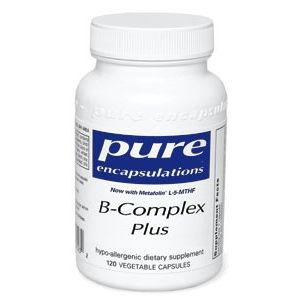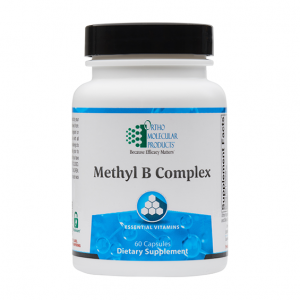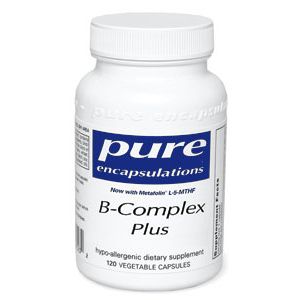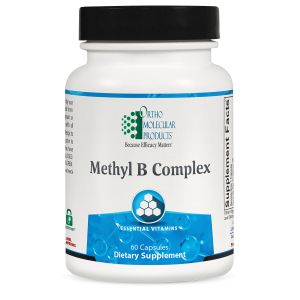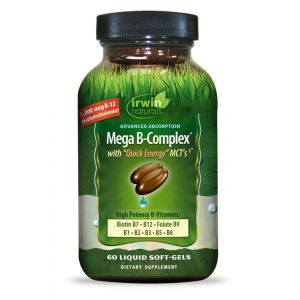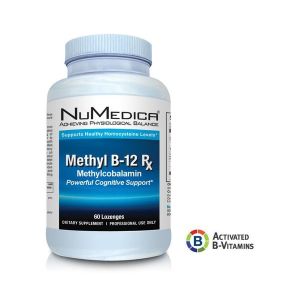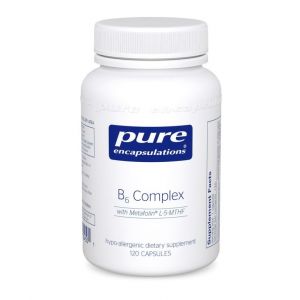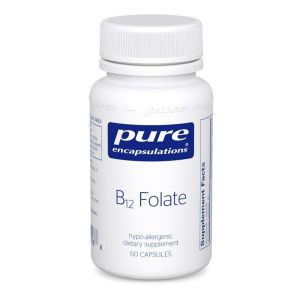The Amazing Health Benefits of Vitamin B Complex
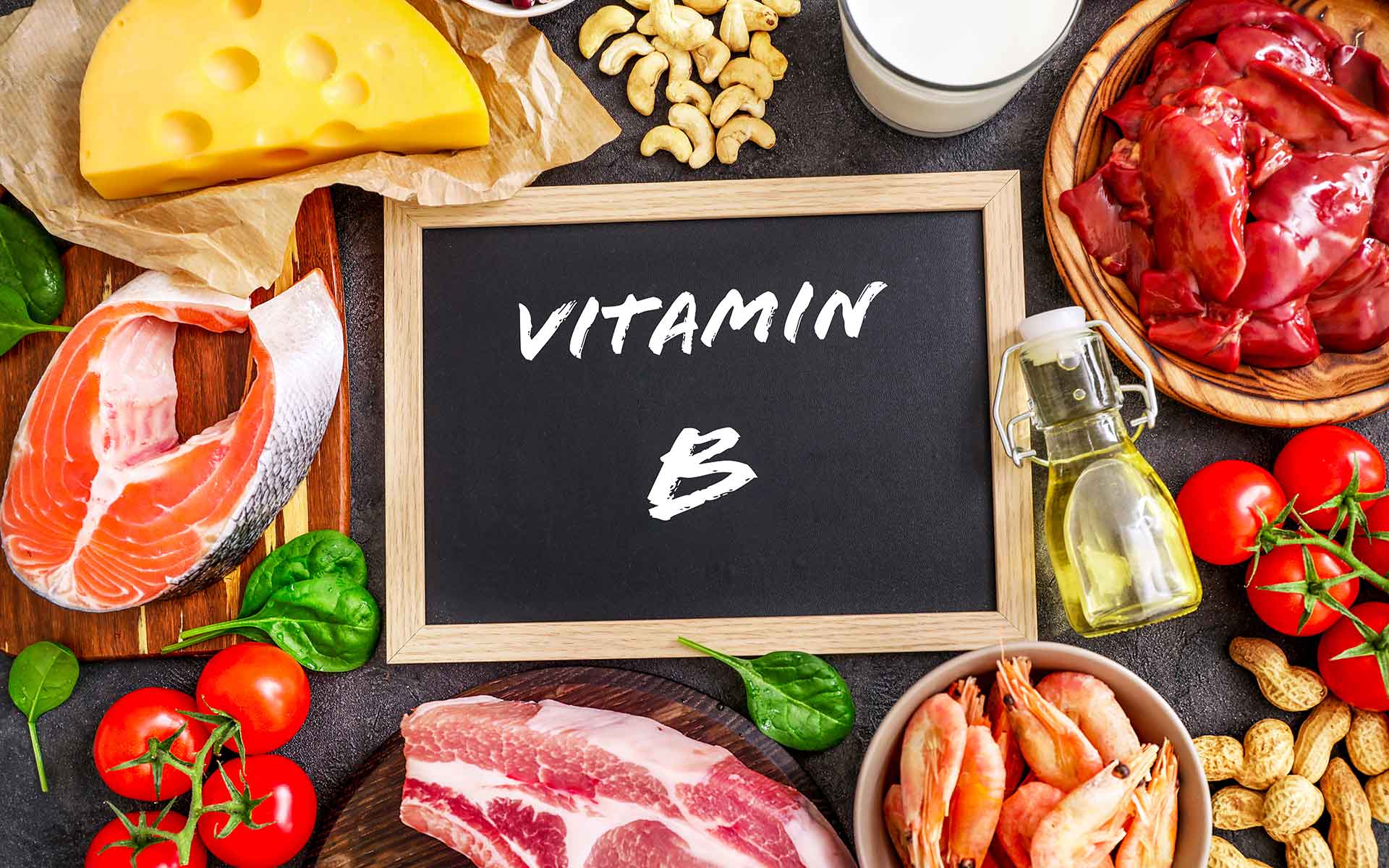
What exactly are the B vitamins?
Although several vitamins are referred to as a B vitamin, each one has a unique chemical structure and is differentiated from the others by a number after the B – from B1 to B12. Eight out of twelve vitamins are water-soluble, and they comprise what is called the “B complex.” Besides numbered names, they also have unique names. Two of them, biotin and folate, are more commonly referred to by their unique names.
- • Vitamin B1 Thiamin; Benfotiamine (active form)
- • Vitamin B2 Riboflavin; Riboflavin 5'- Phoshate (active form)
- • Vitamin B3 Niacin; Niacinimide (non-flushing form)
- • Vitamin B5 Pantothenic Acid; Pantethine (active form)
- • Vitamin B6 Pyridoxine; Pyridoxal 5'-Phosphate (active form)
- • Vitamin B7 Biotin
- • VitaminB9 Folate (folic acid, folinic acid, 5-MTHF; active form)
- • VitaminB12 Cobalamin (methylcobalamin and adenosylcobalamin; active forms)
So what happened to B4, B8, B10, and B11? Although these were once considered to be vitamins, it was later discovered they were either made in the body or not absolutely essential for human health. Vitamins are nutrients necessary for human life, but they must be accessed via food sources and a balanced diet or supplementation because they can’t be made in the body. These are, as listed:
- • Vitamin B4 – Choline
- • Vitamin B8 – Inositol
- • Vitamin B10 – PABA
- • Vitamin B11 – Pteryl-hepta-glutamic acid. Turns out it’s one of the folates.
Vitamin B Complex Benefits
B vitamins play important roles in nearly all of the body’s systems. Some of the wide-reaching supportive roles of B vitamins include the health of the nervous system, immune system, prevent heart disease and birth defects, support for liver, skin, and hair, as well as maintaining muscle tone in the gastrointestinal tract. An adequate intake of vitamin B is vital for maintaining optimal hormone synthesis, energy metabolism, hemoglobin formation, mood stability, and satisfactory transmission of nerve cell impulses.
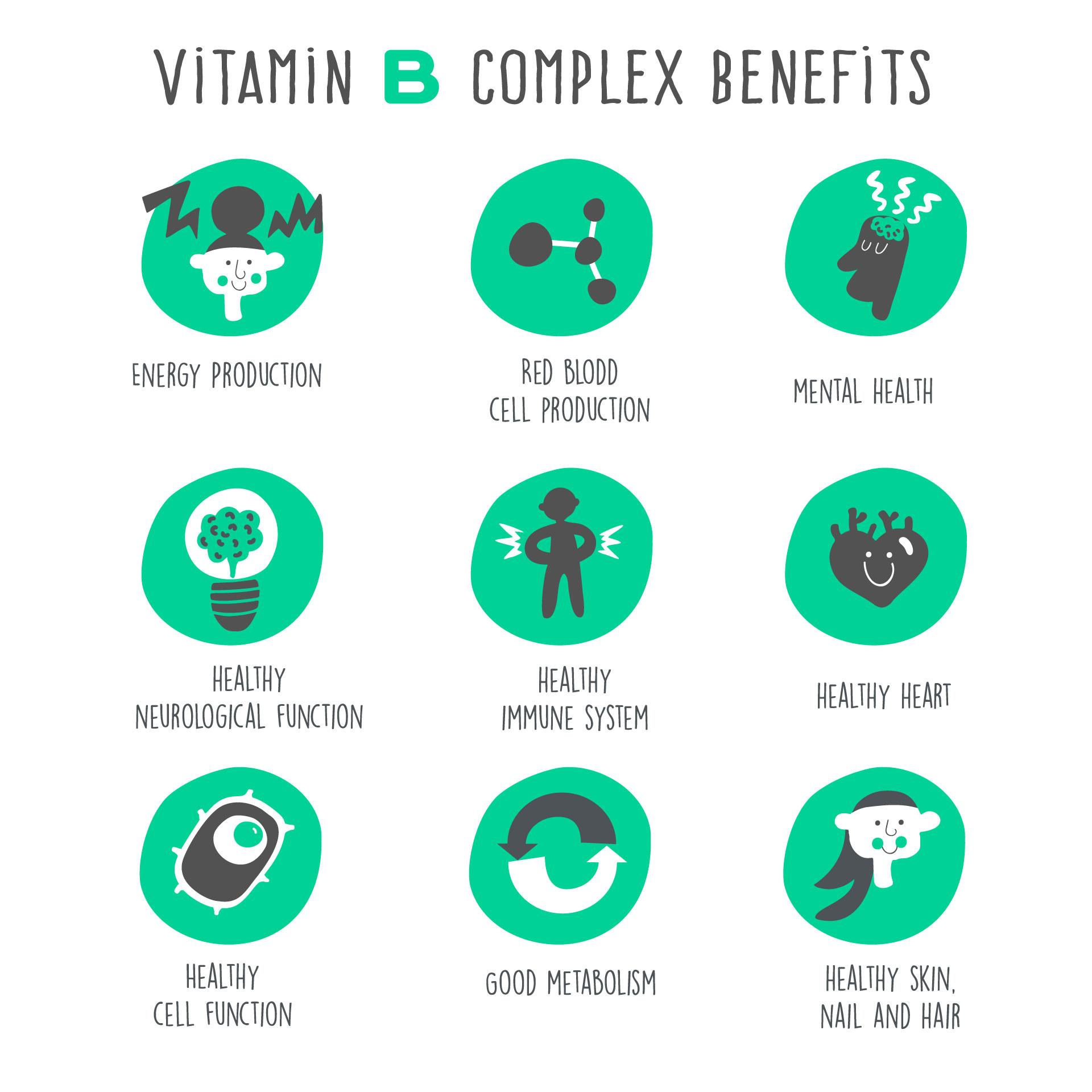

Even if you were able to eat large amounts of foods that are rich in B vitamins, such as fruits, vegetables, and grains, you might still typically have B vitamin deficiencies. Why would this be so?
First, many foods are not grown properly and may contain insufficient amounts of vitamins. Secondly, certain people may not be able to fully convert the B vitamins found in food to their coenzyme forms which is necessary for them to become metabolically active in the body.
Unfortunately, over half of the U.S. population is unable to metabolize the unmethylated forms of specific B vitamins, such as folate and vitamin B12, to their active forms. When folate (as 5- methyltetrahydrofolate) and vitamin B12 (as methylcobalamin) are provided to the body in their fully active biologically forms, the body can readily use these active forms due to their optimal bioavailability. The body can also retain them in the tissues to use them as needed to promote healthy methyl formation.
Full Spectrum B Vitamin Formula
B Complex dietary supplements provide a full spectrum B vitamin formula with all 8 types of critical B vitamins that are all present in their biologically active forms. These vitamin B complex supplements directly deliver the fully activated, blood-circulating forms of B vitamins.
This is a fantastic formula to provide you with the full range of B vitamin support for all your nutritional needs. We have these products avaliable for purchase in our online store or at any of our two locations.
Be Well,
Edwin Dossman

